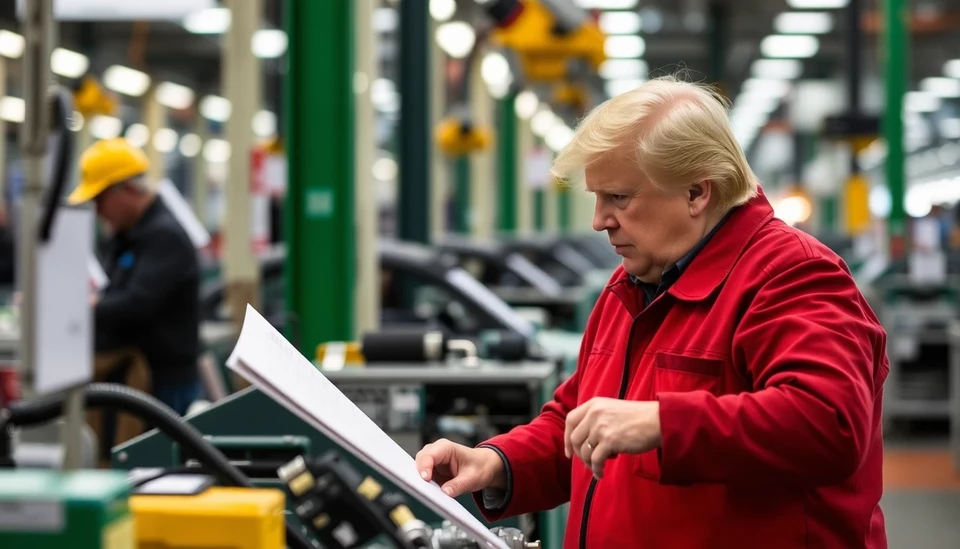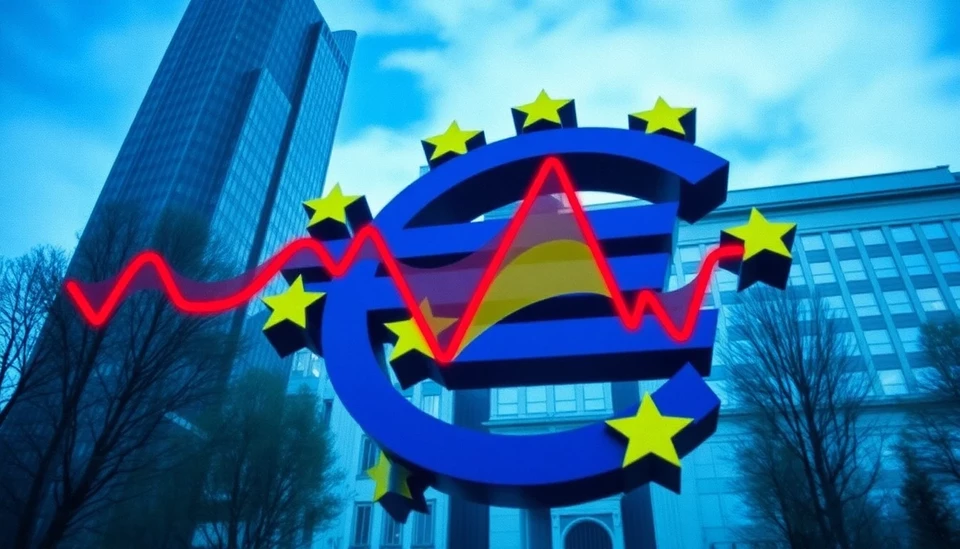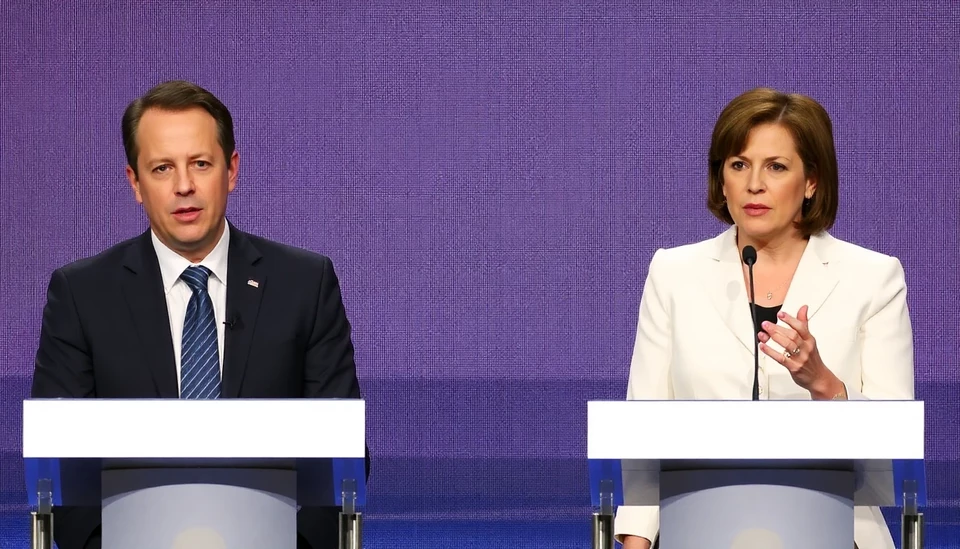
In a significant move towards bolstering the country’s green energy initiatives, Germany has announced a substantial financial support package aimed at major corporations, including chemical giant BASF. This initiative is part of the German government’s broader strategy to embrace sustainable energy practices and reduce carbon emissions in line with climate targets.
The financial assistance, amounting to billions of euros, is designed to facilitate technological advancement and the implementation of renewable energy sources within industrial sectors that are traditionally reliant on fossil fuels. BASF, along with other eligible companies, is expected to utilize these funds to invest in innovative projects that will significantly cut down on greenhouse gas outputs.
Germany's Minister of Economy, who unveiled the plan during a recent press conference, emphasized the importance of transitioning to cleaner energy sources as critical not only for environmental sustainability but also for ensuring the competitiveness of German industries on the global stage. By fostering an eco-friendly business environment, the government aims to solidify its position as a leader in green technologies.
Notably, this funding initiative aligns with Germany’s ambitious climate legislation which calls for a substantial decrease in emissions by 2030. Industry players are encouraged to adopt cleaner practices, particularly in sectors such as chemicals, transportation, and manufacturing, which are significant contributors to the nation's carbon footprint.
BASF, renowned for its commitment to innovation, has expressed enthusiasm regarding the financial backing. The company is already exploring various projects aimed at sustainable manufacturing processes and renewable energy utilization. Through this subsidy, BASF plans to accelerate its efforts in adopting new technologies that support both economic growth and environmental responsibility.
In addition to direct financial aid, the German government will provide advisory services to assist companies in identifying and implementing the best practices for energy efficiency and sustainability. Companies will also have the opportunity to collaborate on research and development efforts aimed at creating cutting-edge technologies that support a cleaner industrial ecosystem.
This initiative not only highlights Germany’s commitment to climate action but also serves as a call to action for other nations to explore similar strategies. The effective integration of clean energy solutions into traditional industries will be crucial in meeting global climate targets and fostering a sustainable future.
As the initiative unfolds, stakeholders from various sectors will be monitoring its impact closely, anticipating a ripple effect across Europe as nations consider similar financial frameworks to promote green energy initiatives. The convergence of policy support and corporate responsibility could set a benchmark for combined efforts in combatting climate change.
In conclusion, Germany’s cash incentives for BASF and other key players mark a pivotal development in the ongoing transition towards sustainable energy. It reflects a systemic shift in how governments perceive and support industrial practices, potentially reshaping the future of energy consumption across Europe and beyond.
#Germany #BASF #CleanEnergy #Sustainability #ClimateAction #GreenTechnology #RenewableEnergy #IndustrialInnovation
Author: Sophie Bennett




